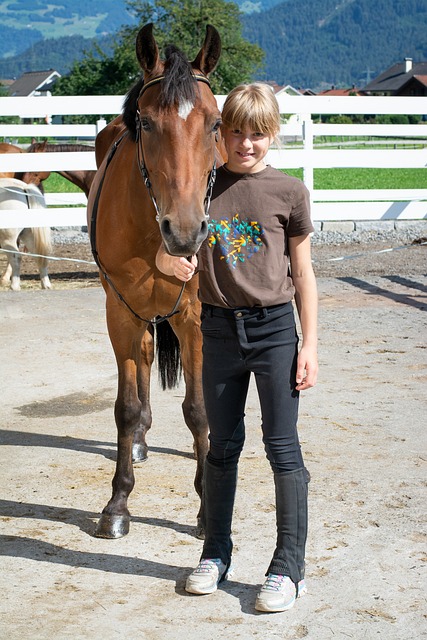burro puxa qual bicho 🔥 Burro Puxa Qual Bicho: A Fascinating Exploration of Animal Behavior and Interaction

Burro Puxa Qual Bicho: A Fascinating Exploration of Animal Behavior and Interactionburro puxa qual bicho

In the realm of animal behavior, few questions captivate the curiosity of both scientists and the general public as much as the age-old inquiry: "Burro puxa qual bicho?" This phrase, which translates to "What animal does the donkey pull?" is not merely a whimsical expression; it serves as an intriguing entry point into the complex interactions within ecosystems, the roles of various species in agricultural settings, and the unique characteristics that make donkeys such remarkable animals.burro puxa qual bicho
Donkeys, known scientifically as Equus africanus asinus, have been domesticated for thousands of years and have played a pivotal role in human society, particularly in agricultural contexts. Their strength, endurance, and docile nature make them valuable companions for farmers and laborers. While the phrase itself might seem light-hearted, it underscores a deeper inquiry into the symbiotic relationships between donkeys and other animals, as well as their interactions with humans.
To understand the dynamics of the question, one must first consider the ecological roles that donkeys fulfill. In many rural areas, donkeys are utilized for their ability to carry loads, pull carts, and assist in plowing fields. This interaction with other animals, such as horses or mules, raises pertinent questions about their behavior and innate abilities. Are donkeys predisposed to pull specific animals, or do they respond more to the needs of their human counterparts? Research suggests that the answer may lie in the unique social structures and instincts inherent to donkeys.
One of the most remarkable aspects of donkey behavior is their highly developed social intelligence. Donkeys are known to form strong bonds with both humans and other animals, exhibiting behaviors that suggest empathy and cooperation. This social nature may inform their willingness to work alongside other species, including horses, cattle, and even goats. Observations in various agricultural settings reveal that donkeys often take on the role of protectors for smaller animals, showcasing their instinctual drive to foster community and ensure safety.
Moreover, the phrase "Burro puxa qual bicho" highlights the practical implications of using donkeys in tandem with other animals. In mixed farming systems, where donkeys are utilized alongside horses, for instance, the combination of their strengths can lead to increased efficiency and productivity. Horses may be faster and more agile, while donkeys provide unmatched stamina and resilience. This harmonious partnership not only maximizes the potential of each species but also emphasizes the importance of understanding animal behavior in agricultural practices.
From a scientific perspective, the interactions between donkeys and other animals can also be viewed through the lens of behavioral ecology. This field of study examines how animals adapt their behavior in response to environmental challenges and opportunities. In rural settings, donkeys may adapt their pulling techniques based on the type of load or the specific animal they are working with. This adaptability showcases their intelligence and ability to problem-solve, reinforcing the notion that they are far more than simple beasts of burden.
Furthermore, the phrase invites a deeper exploration of the cultural significance of donkeys. Throughout history, donkeys have been present in various cultures as symbols of hard work and resilience. The perception of donkeys as reliable partners in labor has solidified their place in human society, and understanding their role in agriculture can lead to further appreciation of their contributions.
In contemporary times, as urbanization increases and traditional farming practices evolve, the relevance of donkeys may appear to dwindle. However, their unique attributes continue to be recognized in sustainable farming practices and eco-tourism. Initiatives that promote the use of donkeys in organic farming not only highlight their utility but also advocate for animal welfare and sustainable agricultural practices.burro puxa qual bicho

In conclusion, the phrase "Burro puxa qual bicho" serves as a captivating entry point into the multifaceted world of animal behavior, ecological interactions, and agricultural practices. It invites us to consider the significance of donkeys not only as laborers but also as intelligent beings capable of forming bonds and adapting to various circumstances. As we delve deeper into the science of animal behavior, we uncover the intricate relationships that define our interactions with these remarkable creatures. Understanding the question of what animal the donkey pulls transcends mere curiosity; it prompts a broader examination of how species coexist, collaborate, and contribute to the rich tapestry of life on our planet.burro puxa qual bicho
Fale conosco. Envie dúvidas, críticas ou sugestões para a nossa equipe através dos contatos abaixo:
Telefone: 0086-10-8805-0795
Email: portuguese@9099.com


